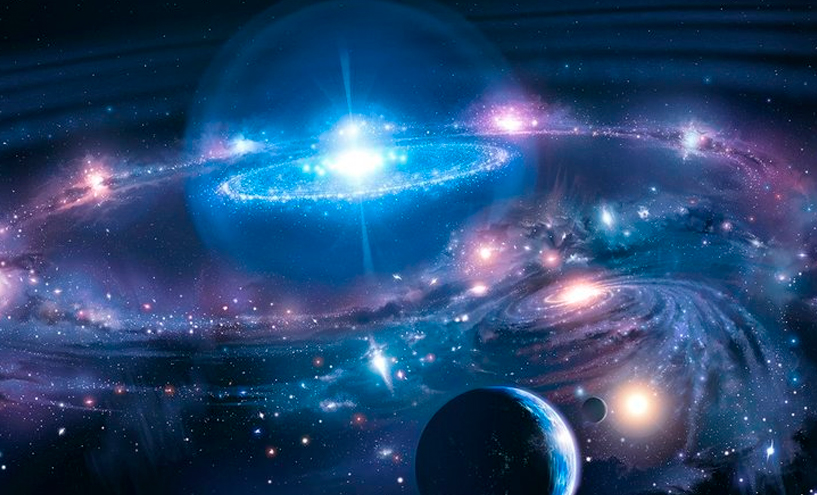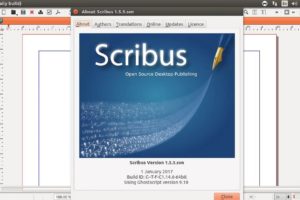Description
With this free course of 56 video lessons you will learn about the most important concepts of General Astronomy
Astronomy (from Latin astronomy, and east from Greek ἀστρονομία)1 is the science that deals with the study of the celestial bodies of the universe, including planets and their satellites, comets and meteoroids, stars and interstellar matter, dark matter, gas and dust systems called galaxies and galaxy clusters; so he studies his movements and the phenomena linked to them. Astronomy also encompasses the study of the formation and development of the Universe as a whole through cosmology, and relates to physics through astrophysics, chemistry through astrochemistry and biology with astrobiology.
Their registration and the investigation of their origin comes from the information that comes from them through electromagnetic radiation or any other means. Most of the information used by astronomers is collected by remote observation, although it has been possible to reproduce, in some cases, in the laboratory, the execution of celestial phenomena, such as, for example, the molecular chemistry of the interstellar medium. It is one of the few sciences in which amateurs can still play an active role, especially in the discovery and monitoring of phenomena such as variable starlight curves, discovery of asteroids and comets, etc.
Astronomy has been linked to human beings since ancient times and all civilizations have had contact with this science. Figures such as Aristotle, Thales of Miletus, Anaxagoras, Aristarchus of Samos, Hipparchus of Nicaea, Claudius Ptolemy, Hypatia of Alexandria, Nicolaus Copernicus, Tycho Brahe, Johannes Kepler, Galileo Galilei, Christiaan Huygens and Edmund Halley have been some of its cultivators. The scientific methodology of this field began to develop in the mid-seventeenth century. A key factor was the introduction of the telescope by Galileo Galilei, which made it possible to examine the night sky in more detail. The mathematical treatment of astronomy began with the development of celestial mechanics and the laws of gravitation by Isaac Newton, although it had already been set in motion by the earlier work of astronomers such as Johannes Kepler. By the nineteenth century, astronomy had developed as a formal science, with the introduction of instruments such as spectroscope and photography, which allowed for the continuous improvement of telescopes and the creation of professional observatories.






Reviews
There are no reviews yet.